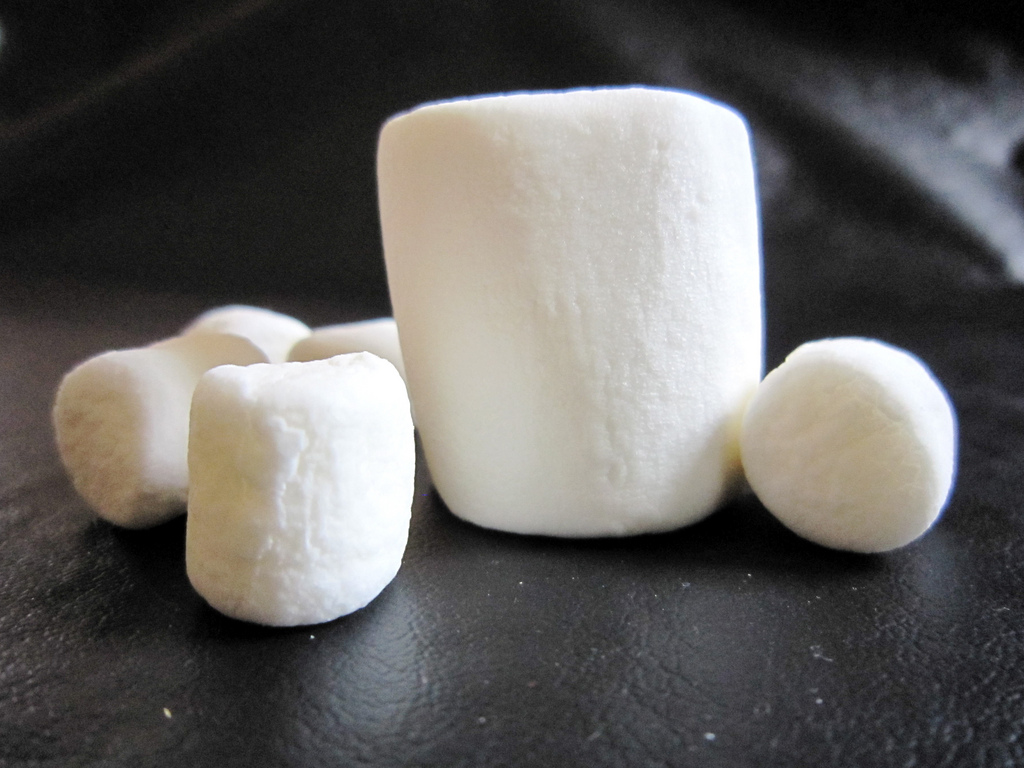In 2022, I wrote a piece for The Prindle Post about Palmer Luckey’s insta-kill VR headset. What made Luckey’s custom-made gaming hardware unique from all others currently available on the market was that if you died while playing a game, three explosives embedded within the headset would detonate, destroying your brain and killing you instantly. Thus, the headset bridged the gap between fictional and actual consequences — you die in a game, you die in real life. However, the idea was not for the headset to ever be used, at least not in its current format. Instead, it was more of an object designed to get people thinking. As Luckey noted, “At this point, it is just a piece of office art, a thought-provoking reminder of unexplored avenues in game design.” So, while the headset might invoke echoes of Sword Art Online, in reality, Luckey’s motivations were far less sinister.
In the 2022 piece, I said I might return to some of the questions around consent and Luckey’s legal culpability if someone dies while using his killer headgear; I may still do that, but not here. What I want to do here is look at another unique piece of technology that embodies, in a somewhat troubling way, the intersection between play and, via the intermediary of health, mortality. And while the threat to life and limb is nowhere as immediate as it was with Luckey’s headset, I think this new object’s existence is just as fascinating. I’m talking about the Vape-o-Gotchi.
For those too young to remember, Tamagotchi was a digital pet that took the world by storm in the late 90s/early 00s. The idea was that, within a small, egg-shaped device, you had a little digital animal to raise from an egg to adulthood and eventual death. While the specifics regarding what activities you had to do to keep the critter alive varied depending on the type of creature and what model of Tamagotchi you had, some generic tasks include feeding, watering, playing, cleaning its litter tray, and offering it medicine if it got sick. I cannot explain how popular these things were, how much time they consumed, and how often I had to restart mine because I wouldn’t leave it alone and the thing died of exhaustion.
What makes the Vape-o-Gotchi distinct, however, is that rather than having multiple welfare bars that you need to monitor to ensure your pet is healthy and happy (hunger, thirst, etc.), the Vape-o-Gotchi has only one, its need for vape clouds. The way to meet this need is to use the vape. So, to maintain the Vape-o-Gotchi’s health, you must damage yours.
This absurd creation came into being as part of a New York University “stupid hackathon,” which invites participants to, rather unsurprisingly, make something stupid. As Futurism reports, Rebecca Xun and Lucia Camacho, the people behind the Vape-o-Gotchi’s creation, thought that the idea – which initially made its appearance on Twitter many years ago – fulfilled this criterion and so took it upon themselves to bring the illogical digital pet into being. So, using their respective skills in software and engineering, they set out to bring the oddity into being.
As with Luckey’s VR headset, Xun and Camacho’s bizarre creation raises many philosophical questions, most of which might not be immediately apparent when we think of this object as merely a curiosity; after all, it’s not like they’re selling them in stores. What I want to think about here, however, is not simply an issue inherent in the Vape-o-Gotchi’s existence, but rather, a broader problem for which the Vape-o-Gotchi’s is a solution (or more accurately, represents a broader method of response). That is, by solving the problem of motivation via gamification.
We are all familiar with the problem of motivation. There are a whole host of things that we should do, but we don’t because, well, to put it simply, we cannot be bothered. Think of how often you should have cooked yourself a proper meal but ate junk food instead. How many times you should have sat down to revise a paper but scrolled on your phone. How many times you should have gone to the gym but ended up watching TV. Examples like these ring true for all of us, but such a lack of get-up-and-go isn’t just of interest to us in retrospect (i.e., looking back on an extra hour in bed rather than jogging) but is also of concern for philosophy, specifically in the realm of ethics.
Think about the last time you gave blood. It might be relatively recent (in the past month), longer back (last couple of years), or maybe never. What I think I would be safe in assuming is that you don’t give blood as often as you could. I also think you are probably aware that you should give blood as it is a vital resource used to save lives across the world. You might also be aware (although this isn’t a given) that not enough people give blood, with healthcare providers across the globe suffering blood shortages (see the NHS, for example). These three things together paint the picture of you knowing you should do something, being aware of the impacts of not doing that thing, and yet still not doing it. This example captures a basic fact of morality: knowledge about the good doesn’t always translate into good actions. This problem, the gap between knowing what we should do and doing what we should do, is typically referred to as Akrasia (from the ancient Greek word akrasia), or the weakness of will.
The question, then, is how we solve this weakness. How do we not only provide people with the information needed to make moral judgments but also the psychological tools to motivate the necessary actions that such judgments require? Using the examples above, how do we encourage people to give blood, to go to the gym, or to give up harmful habits like vaping?
There are several options considered by corporations, institutions, and governments alike. One of the most talked about is nudging, where you alter the context in which a person decides so they are more likely to pick the desirable option (i.e., placing hand sanitizers in places of prominence near hospital entrances. Another method, that draws us back to the Vape-o-Gotchi, is gamification. The idea is relatively simple. People tend to enjoy games. Whether it’s solitaire, chess, or Grand Theft Auto, there’s something about the challenge, the problem-solving, and the competitiveness that draws us in. This is despite, from a dispassionate view, that actions we take to play such games are dull. It’s putting a card down, moving a piece from one square to another, or simply pushing a joystick and some buttons. Yet, games are engaging, and gamification is the process of integrating game-like elements into non-game contexts to increase engagement, motivation, and user participation. Via things like badges, point scoring, leaderboards, and rewards, tasks that might initially seem dull or a chore can become a challenge to overcome, with a reward at the end. The most obvious example that comes to mind is learning a language via Duolingo, which uses points, streaks, and rewards.
The Vape-o-Gotchi takes gamification to a strange new place. It transforms vaping from merely an addictive habit to play, for which you’re rewarded by the continued existence of your smoke-dependent digital pet. While the exact mechanics of the Vape-o-Gotchi escape me (i.e., how often do you need to vape to keep it alive?), the idea that one must vape to feed their habit and their companion is undoubtedly interesting.
Yet, despite this interest, I know what you’re thinking: how is this good? People don’t need to be encouraged to vape. It’s addictive enough as is. You’d be right on that count. Indeed, Xun and Camacho originally wanted to create the inverse. They wanted to design a Vape-o-Gotchi that encouraged you not to use it by damaging the digital pet every time you took a hit. The gamification aspect was the same; it was just set in reverse. This idea of encouraging users to disengage from their habit by engaging with their digital pet seems far less objectionable. The reason they chose to make the “evil” version was, as they put it, “it’d be kind of funnier to be evil.” I don’t disagree, but I think there’s something to be said for creating a good version also. And they have said they still plan on doing this.
So, while the Vape-o-Gotchi may not be as immediately fatal as Luckey’s VR headset, there’s much to be said, good and bad, about its use of gamification. Whether the fate of one’s digital pet is enough to halt its owner from using their vape, however, is something about which I’m less convinced. But as a symbol, I think Vape-o-Gotchi is wonderfully imaginative, kind of instructive, and, obviously, so, so stupid.



